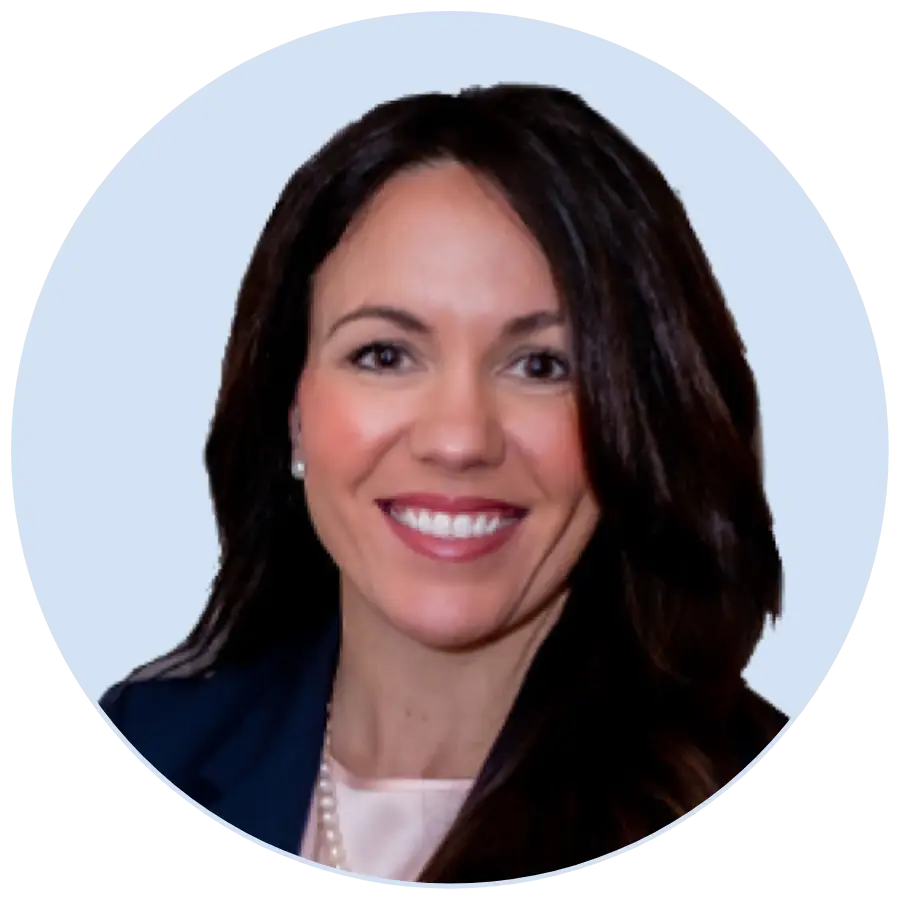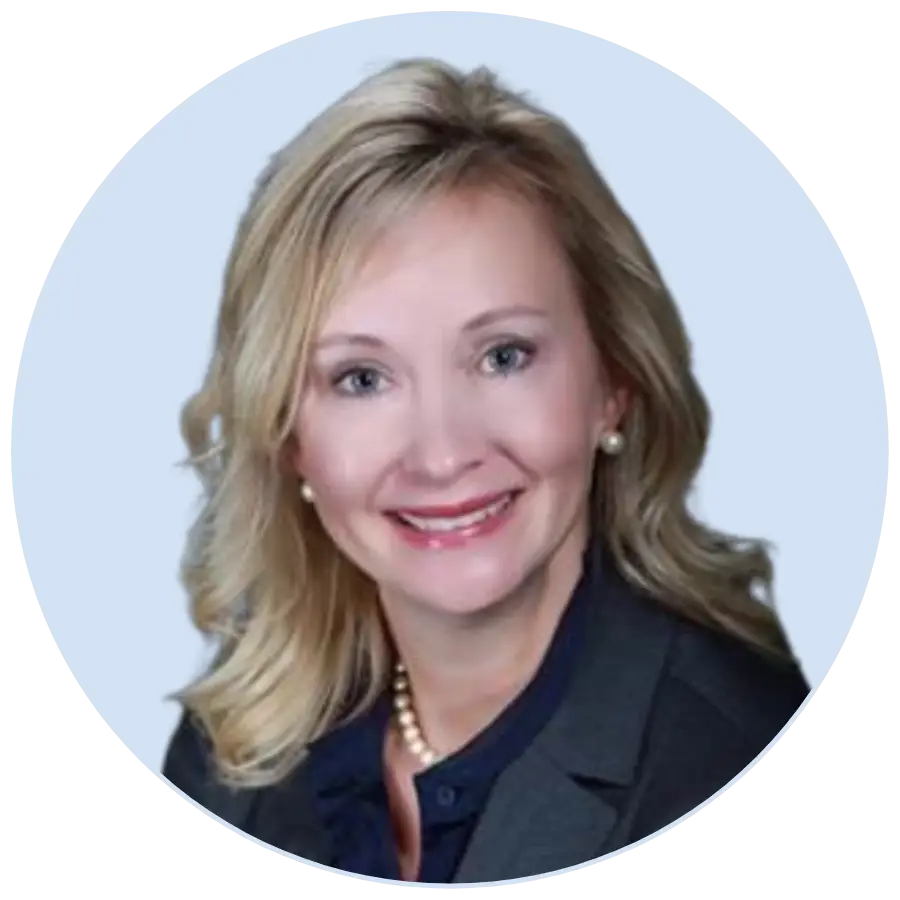March 8, 2020 is International Women’s Day—a day that has been recognized annually since 1911. The intention of this day is to honor “the social, economic, cultural and political achievements of women – while also marking a call to action for accelerating gender equality.”
This year, SCP Health (SCP) is celebrating by profiling seven female leaders who have made an impact on our company and our culture. In these interviews, we asked our female leaders about why they do what they do, how being a woman has colored their career experiences, and what they’ve learned about finding joy, achieving success, being a leader, and more.
Throughout this two-part series, we found a few meaningful common threads woven into many of the women’s responses:
- Whenever you can, choose a career that you’re passionate about and that gives you a deep sense of purpose.
- Wherever you are, be all there. Whatever you choose, do the best you can at it.
- Healthcare overall has many females, but not many females in leadership—and for specific roles or specialties, the amount of gender diversity is even lower. The industry has improved over the last few decades, but there is still a lot of room to run.
Read on for part one of the interviews–then get the rest of the story in part two.
MOTIVATION: Why do you go to work & what do you love about your job?

Lisa Fry, Chief Growth Officer
My passion comes from the meaning behind what we do—the higher purpose. The innovations I get to work on and the strategy we create all are for the goal of helping hospitals survive and thrive and enabling clinicians to provide excellent patient care.

Sarah Crass, Esq., General Counsel and Chief Compliance Officer
Honestly, I have a true passion for what I do—I don’t know what I’d do if I didn’t do this. Though I loved my past experience in litigation, working in-house gives me this incredible full spectrum of opportunity: I help solve problems, but I also get to help prevent them too. I work through business transactions, employee relations, and so much more. I really enjoy that; I never really know what I’m going to do each day. It keeps me intellectually challenged.
Most of all, I love working in healthcare because at the end of the day, there is purpose in it all; patient-oriented purpose.

Vicky Romero, Chief Information Officer
I come to work for the people. I have always had a compassionate side that wants to understand what others are struggling with and help them—and at work, that’s often with technology. The opportunity to fix issues in order to help the people who help the patient: that’s what really drives me.

Rena Cottam, Chief Financial Officer
The mission of healthcare and the people I work with. It’s incredible to work for a company that is dedicated to patient care and doing the right thing—it really adds meaning and depth to everything we do. The people that work here are committed, talented, really live out our values (agility, courage, respect, and collaboration), which makes for a very energizing work environment.
BACKGROUND: What led you here & was this a path you anticipated?
Lisa Fry
I always knew business was going to be my path—I wanted to lead, I wanted those corporate opportunities. Healthcare wasn’t something planned necessarily, but it’s a great fit. I found my way into it via being an HR clerk in college, which led to health insurance underwriting at that same company post-college. My interest in the field grew, so after I graduated with an MBA, I started looking for opportunities in healthcare.
Sarah Crass
I started out thinking I was going to major in accounting in college, but it didn’t really click as I anticipated, so I started taking political science classes and was hooked. I ended up on a law school path and went into commercial litigation when I graduated. Though I had litigated for healthcare clients and have several family members in the field, it wasn’t initially something I chose to pursue. Then, I was given the unique opportunity by a healthcare client to come in-house as general counsel and have been doing—and loving—that ever since.
Vicky Romero
I’ve always liked puzzles and patterns—in essence, just finding where things fit together. Though that was a passion of mine since youth, I figured out in my young adult years that IT was a place where I could channel it. When I graduated college with a degree in technology, the only positions available at the time were computer programming roles—so that’s what I took. But like most IT folks, I had questions and wanted to understand the “why” behind my work. Delivering software just didn’t give me the knowledge and full context that I was searching for.
Later on, when I was offered a computer programming job at SCP Health, I said “I’ll do this, but I also want the chance to observe the business and solve problems with technology.” And fortunately, I’ve been able to do just that.
Rena Cottam
When you graduate with a degree in accounting and get your CPA, everyone assumes you’re going to do taxes or maybe debits and credits if you’re not interested in dealing with strategy. But I didn’t want to be pigeonholed into one of those—and I’d always wanted to be in leadership and management, because I really love being a part of people’s growth and watching them succeed.
I got my MBA to step outside of the tax world that I spent several years in and have the opportunity to lead and set strategy. What I didn’t see coming, though, is how much I really enjoy working in healthcare. When I joined SCP Health many years ago, it was not an industry I really had interest in—but ultimately I became so committed to it that I focused my MBA in healthcare.
All in all, becoming a CFO was pretty much what I always dreamed of. The healthcare interest was developed later but has been incredibly meaningful.
ON BEING A WOMAN: What has your experience been as a woman in the workforce and in leadership?
Lisa Fry
The healthcare industry employs many women, but representation is not yet equal in leadership; we have opportunities there as an industry.
That said—so far my gender hasn’t been a hindrance for me. I feel that I’ve been seen more for what skills and expertise I can contribute than for being (or not being) a particular gender.
There have been many times where I’ve been the only woman in the room in board or executive team types of situations, but that’s never bothered me. Fortunately, I have had several excellent mentors throughout my career in healthcare (both male and female) who have helped me grow, stretch, and be confident in my abilities no matter what type of room I’m in or who I’m in that room with.
The one thing I’d like to add though, is that balancing family life is a challenge. Ultimately what’s worked for me is making a choice about when I’m going to be at work and when I’m going to be at home—and then being really present wherever I am at that moment. Give your best to who you’re currently with and what environment you’re currently in without worrying about not being in the other environment. I’d rephrase the “you can have it all” to “you can have it all, just not all at the same time.” Your priorities and focus will look different at varying points in your life or times in your day—and that’s okay.
Sarah Crass
Navigating the work environment as a woman was definitely more difficult early on in my law career, but my time in healthcare has not been like that. Especially here at SCP Health, I’ve been able to have this nice, collegial “sisterhood” with the other women in leadership here. That said, I do think that I’m primarily supported because of who I am, my talents, and my work ethic—not because of my gender or any other more personal characteristics.
Who you are matters because it helps define your identity, but at work especially it’s more about what you bring to the table. There shouldn’t be biases based on who you are, what you look like, how you identify, your gender, etc.
Vicky Romero
First, I think one thing that’s starting to be addressed more in the media and in conversations is woman-to-woman attitudes and behaviors in the workplace. There can be a tendency to look down on yourself for not achieving as much as another woman, to talk down to a woman who is at your level, or to refuse to mentor those women who are coming after you. But none of those are healthy or helpful.
As someone newer to this level of leadership, looking at the powerful women around me can actually be a bit intimidating, but I practice patience with myself. I have actually loved being surrounded with people who are more experienced than I am. Rather than foster a culture of competition, women can be a sponge of learning from other women who are excellent leaders in their field. See what their challenges are and watch how they respond. Ask questions. Soak it all in.
Second, different fields of expertise or specialties have different expectations of who should be in leadership—and it’s important to be aware of so you can prepare. For the most part, technology is one of those fields of expertise where males dominate. In my case, I have frequently experienced the second glance from someone, indicating ‘oh wait, you’re the CIO?’ – because it’s surprising still. But I don’t let that stop me, and I am hopeful that the gender dynamic will continue to shift in technology to be more equal.
Lastly, I’d say that as a woman I’ve found it very important to keep my presence (posture, facial expressions, etc.) confident. So, if you’re unsure how to enter into new spaces of leadership as a female, I’d to take your spot at the table and have confidence. When the opportunity is right, speak with conviction. Don’t ever not speak up when you get the chance to share your important perspective and expertise. Learn everything you can.
Rena Cottam
There have definitely been times in my life where I thought I’d been passed over for something or not listened to fully because I am a woman—but you never really know if that’s true, it’s just a feeling you get. I think we’d be foolish to say gender was no longer a bias that impacted our careers or our culture, but I do think as a whole it has improved. There are certainly many women in accounting and finance but not many females in strategic roles—and the CFO role specifically is primarily filled with men.
I am thankful that my career hasn’t often been limited by gender, but that bias—often unconscious—is certainly something that our culture needs to keep talking through and being transparent about.




